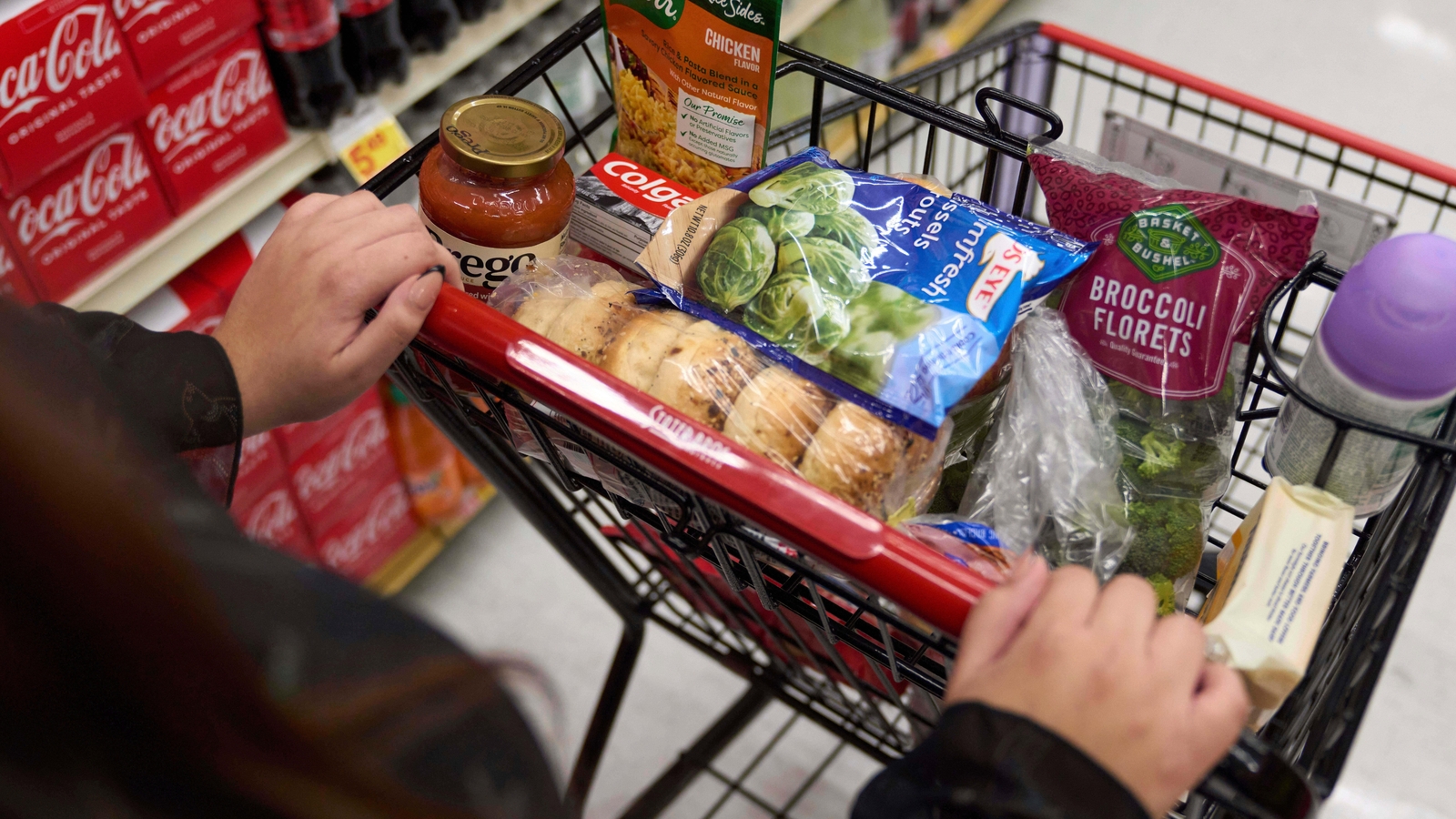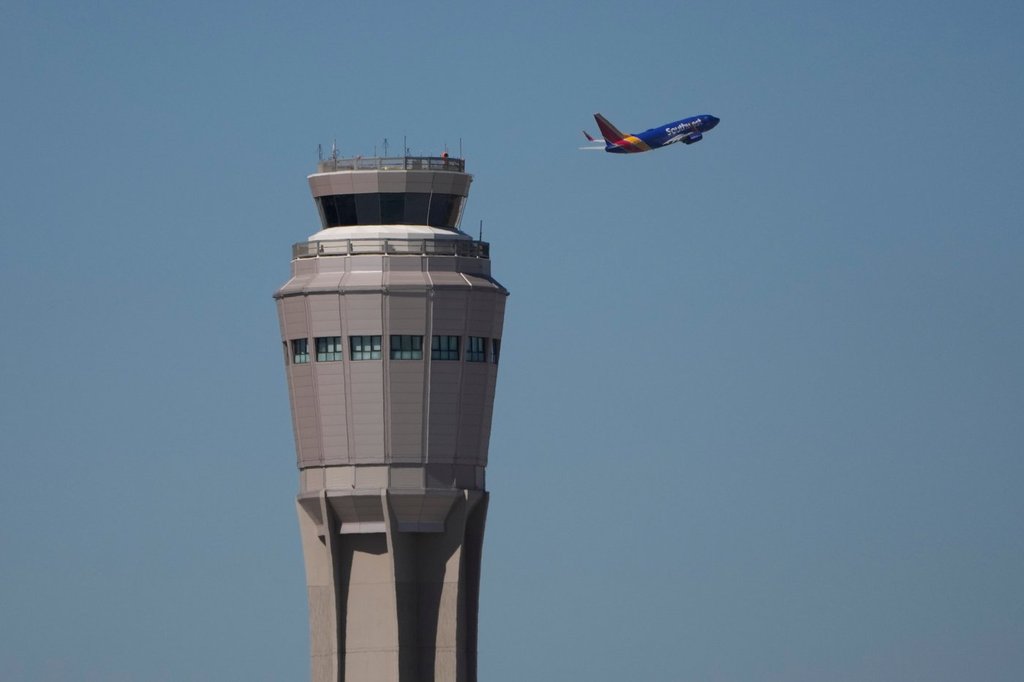The U.S. Department of Agriculture (USDA) has posted a notice on its website stating that federal food aid will not be distributed on November 1. This development raises the stakes for families nationwide as the government shutdown continues.
The notice follows the Trump administration’s decision not to use approximately $5 billion in contingency funds to keep benefits flowing through the Supplemental Nutrition Assistance Program (SNAP) into November. SNAP, commonly referred to as the food stamp program, helps about one in eight Americans purchase groceries.
“Bottom line, the well has run dry,” the USDA notice states. “At this time, there will be no benefits issued on November 01. We are approaching an inflection point for Senate Democrats.”
The government shutdown, which began on October 1, is now the second-longest in U.S. history. Although the Republican administration took steps before the shutdown to ensure SNAP benefits would be paid this month, the upcoming cutoff threatens to broaden the impact of the impasse, affecting many Americans—especially those most in need—unless a political resolution is reached soon.
The administration blames Democrats for the shutdown stalemate. Democrats, in turn, insist they will not agree to reopen the government until Republicans negotiate with them on extending expiring subsidies under the Affordable Care Act. Republicans maintain that Democrats must first agree to reopen the government before any negotiations take place.
Democratic lawmakers have sent a letter to Agriculture Secretary Brooke Rollins, requesting the use of contingency funds to cover most of next month’s SNAP benefits. However, a USDA memo that surfaced on Friday states that “contingency funds are not legally available to cover regular benefits.” The memo explains that this money is reserved for emergencies such as disaster relief.
As an example, the document references Hurricane Melissa, which recently strengthened into a major storm, underscoring the need to have contingency funds available to respond quickly to disasters.
The possibility that families may not receive food aid has raised deep concerns across states governed by both parties. Some states have pledged to continue SNAP benefits even if federal payments stop, but questions remain about whether federal regulations permit this.
Additionally, the USDA memo indicates that states would not be reimbursed for any costs incurred by temporarily covering SNAP benefits themselves.
Other states are advising SNAP recipients to prepare for the possibility of benefits being halted. For instance, Arkansas and Oklahoma are urging recipients to identify local food pantries and other organizations that provide food assistance.
Senator Chris Murphy (D-Conn.) criticized Republicans and the Trump administration for not engaging in negotiations to end the shutdown.
“The reality is, if they sat down to try to negotiate, we could probably come up with something pretty quickly,” Murphy said on CNN’s “State of the Union” on Sunday. “We could open up the government on Tuesday or Wednesday, and there wouldn’t be any crisis in the food stamp program.”
https://abc7.com/post/trump-administration-posts-notice-no-federal-food-aid-will-go-nov-1/18075234/



